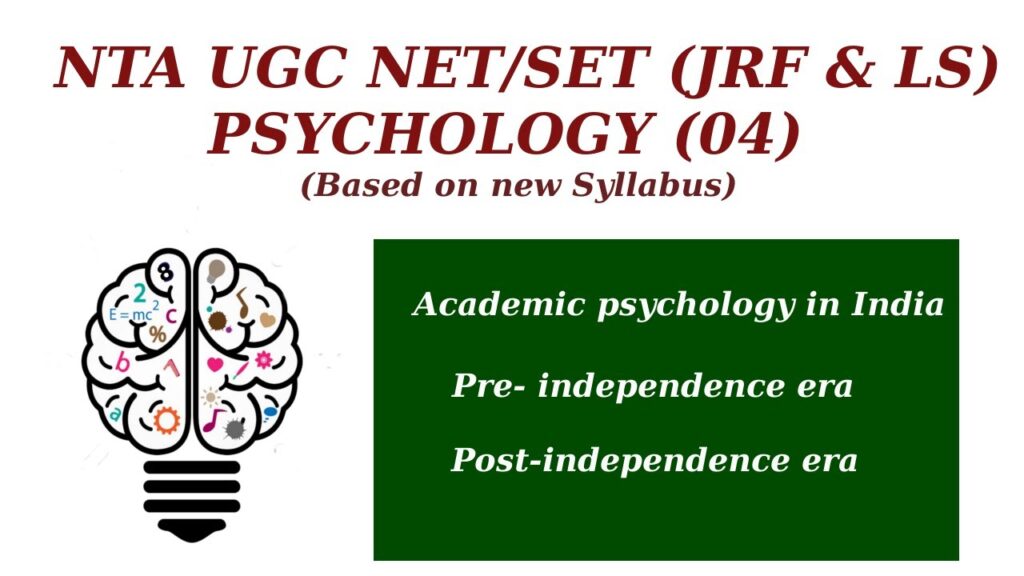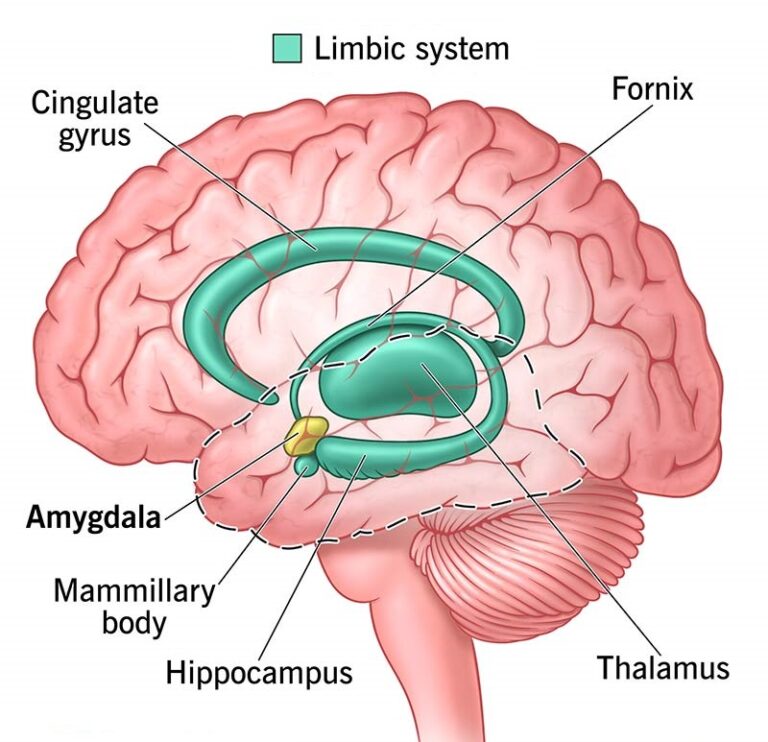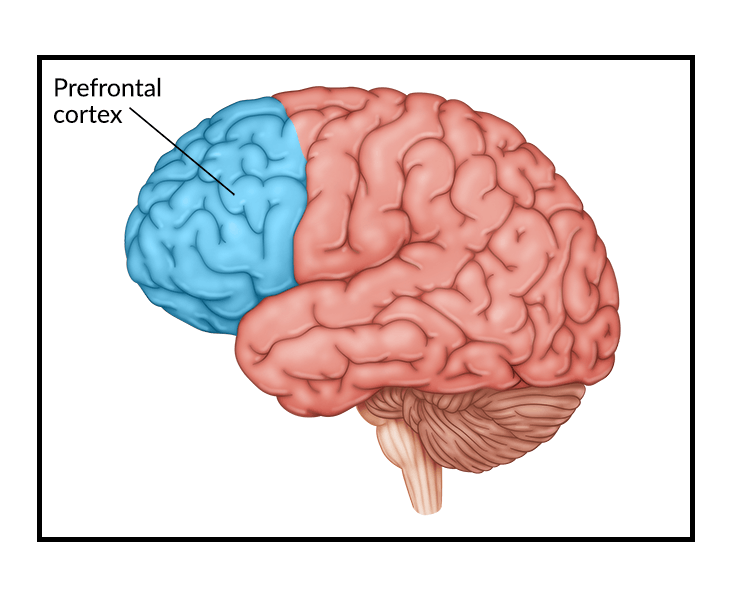
Introduction
The year 2000 marked a significant turning point in the evolution of academic psychology in India. Building on the challenges and discussions of the 1990s, Indian psychology began to assert itself as a distinctive field within global psychological discourse. This article explores the emergence of Indian psychology in academia, emphasizing its focus on indigenization, methodological advancements, and the integration of traditional knowledge systems.
Historical Context
Legacy of the 1990s
The 1990s set the stage for the emergence of Indian psychology. Scholars had increasingly recognized the limitations of applying Western paradigms to Indian contexts, leading to a growing demand for culturally rooted frameworks. The foundational efforts toward indigenization laid the groundwork for the developments of the 2000s (Dalal, 2002).
Shift in Focus
By 2000, there was a noticeable shift in the academic focus of psychology in India. The emphasis moved from merely adopting Western theories to actively developing indigenous psychological concepts and methodologies. This shift was driven by the realization that Indian cultural and philosophical traditions could offer valuable insights into human behavior and mental processes (Cornelissen et al., 2004).
Key Developments in Indian Psychology
The Concept of Indian Psychology
Indian psychology emerged as a discipline rooted in the philosophical and cultural traditions of India, including Vedanta, Buddhism, and Jainism. It emphasized concepts such as self-realization, interconnectedness, and holistic well-being, distinguishing itself from the predominantly individualistic focus of Western psychology (Rao, 2002).
Example: The concept of “chitta” (mind-stuff) and its role in cognitive processes was explored as an alternative to Western models of cognition.
Table 1: Key Features of Indian Psychology vs. Western Psychology
| Aspect | Indian Psychology | Western Psychology |
|---|---|---|
| Focus | Holistic, spiritual | Individualistic, materialistic |
| Primary Goal | Self-realization | Problem-solving |
| Methodology | Introspective, meditative | Experimental, quantitative |
| Source of Knowledge | Ancient texts, cultural traditions | Empirical research |
Academic Institutions and Initiatives
Several academic institutions took the lead in promoting Indian psychology. Notable among them was the Indian Institute of Technology Kanpur, which initiated courses and research programs focused on Indian psychological frameworks (Cornelissen et al., 2004).
Example: The Indian Psychology Institute in Puducherry was established to promote research and education in Indian psychology.
Table 2: Key Institutions Promoting Indian Psychology in 2000
| Institution | Initiative | Impact |
| IIT Kanpur | Courses on Indian psychological frameworks | Increased academic awareness |
| Indian Psychology Institute | Workshops and research projects | Fostered interdisciplinary studies |
| NIMHANS | Integration of yoga in clinical settings | Broadened therapeutic approaches |
Methodological Innovations
Indian psychology in 2000 emphasized methodological pluralism. Qualitative approaches, such as narrative analysis and phenomenology, gained prominence, complementing traditional quantitative methods. Additionally, indigenous methods like yoga and meditation were incorporated into experimental designs (Verma, 2002).
Integration with Global Psychology
Indian psychology began to gain recognition in international academic circles. Collaborative research projects and conferences provided platforms for Indian scholars to share their work, bridging the gap between Indian and global psychology (Dalal, 2002).
Challenges and Opportunities
Challenges
Despite its progress, Indian psychology faced several challenges:
- Limited Funding: Research in Indian psychology often lacked adequate financial support.
- Academic Resistance: Mainstream academic psychology remained hesitant to embrace indigenous frameworks.
- Standardization Issues: Developing universally accepted methodologies and tools based on Indian psychology proved challenging.
Opportunities
However, the emergence of Indian psychology also presented opportunities:
- Global Relevance: Indian psychology’s focus on holistic well-being resonated with global trends in mental health.
- Cultural Renaissance: The field contributed to a broader cultural renaissance, emphasizing the value of India’s intellectual traditions.
Conclusion
The year 2000 marked the formal emergence of Indian psychology as a significant academic and cultural movement. By integrating traditional Indian knowledge with contemporary psychological research, Indian psychology provided an alternative framework for understanding human behavior. This period laid the foundation for a more inclusive and culturally sensitive approach to psychology, both in India and globally.
References
- Cornelissen, M., Misra, G., & Varma, S. (2004). Foundations of Indian psychology. Pearson Education India.
- Dalal, A. K. (2002). Psychology in India: A historical perspective. Indian Journal of Psychology, 40(1), 15-29.
- Rao, K. R. (2002). Consciousness studies: Cross-cultural perspectives. Journal of Indian Psychology, 20(1), 1-20.
- Verma, S. (2002). Indian psychology: Emerging trends and future directions. Psychological Studies, 47(3), 89-94.







